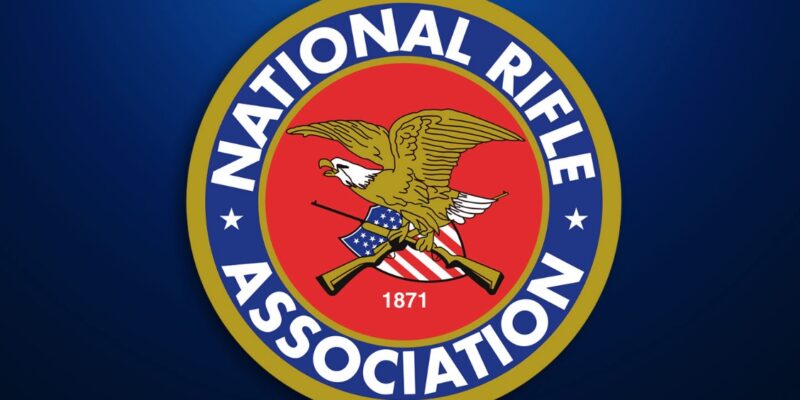A California attorney urged a federal appeals court Monday to reject a lawsuit filed by prominent National Rifle Association lobbyist Marion Hammer over emails sent after the February 2018 mass shooting at Marjory Stoneman Douglas High School in Broward County. Lawrence Sorensen, an attorney and mediator, sent emails to Hammer that contained photos showing injuries from gunshot wounds.
Hammer, the NRA’s longtime Florida lobbyist, filed a lawsuit against Sorensen and three unrelated men, alleging that emails she received were harassing and threatening. U.S. District Judge Robert Hinkle in November dismissed the case against Sorensen on First Amendment grounds. Hammer appealed to the Atlanta-based 11th U.S. Circuit Court of Appeals, but a lawyer for Sorensen filed a 32-page brief Monday urging the court to uphold Hinkle’s dismissal of the case.
In part, the brief contended that Hammer, a former national president of the NRA, is a public figure and that Sorensen’s emails are protected by free speech. “The photographs are real, and, in this case, they were sent to induce a public figure (perhaps the most significant public figure on this issue) to change her position or at least consider the damage that can be done by the products she promotes,” the brief said.
“One cannot escape the reality that there is an ongoing public debate pertaining to the wisdom of regulating such high powered weapons. Because Mr. Sorensen's message to her was classic protest speech to a public figure via a publicized email address on the subject of gun rights, the First Amendment shields him from liability for the tort of intentional infliction of emotional distress.”
But in a filing last month, attorneys for Hammer urged the appeals court to overturn Hinkle’s ruling and pointed to her privacy rights. “The crux of this case is the sacrosanct but often neglected right of every private citizen to be ‘let alone’ and free from unwelcome interactions in non-public settings,” the filing said.
“Protecting privacy as vigorously as free speech is critical at a time when the internet and social media have connected everyone on platforms where personal interactions are effortless and instantaneous, yet detached and impersonal, and the frequency with which people are being exposed to unwanted and unwelcome speech in non-public settings is exponentially increasing.”






